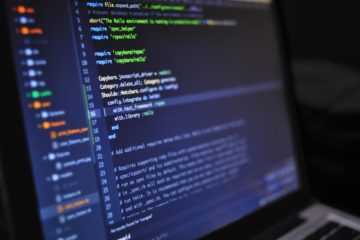Table of Contents
In The Beginning…
Way back in the 1950’s and 1960’s IBM had a near monopoly on all things computing and hardware. We’ll call this the Hardware Era and they dominated it with their mainframes, mini-computers and, it seemed, the PC that was coming onto the scene.
However an open source PC hardware standard was introduced which allowed a new upstart company – you might have heard of them – Microsoft to develop their operating system and have it run on any computer built to those PC hardware specs. Eventually they unseated IBM and became a near monopoly themselves in what we’ll call the Software Era.
As everyone was wondering what to do about Microsoft’s monopoly, an open source operating system (Linux), the open source internet protocols (IP/TCP), and the free distribution of information over the world wide web (HTTP) undid that monopoly and we got Google, Facebook, Twitter, and the other big tech platforms in what we’ll call the Network Era.
We now had open source hardware, open source software and open source networks!
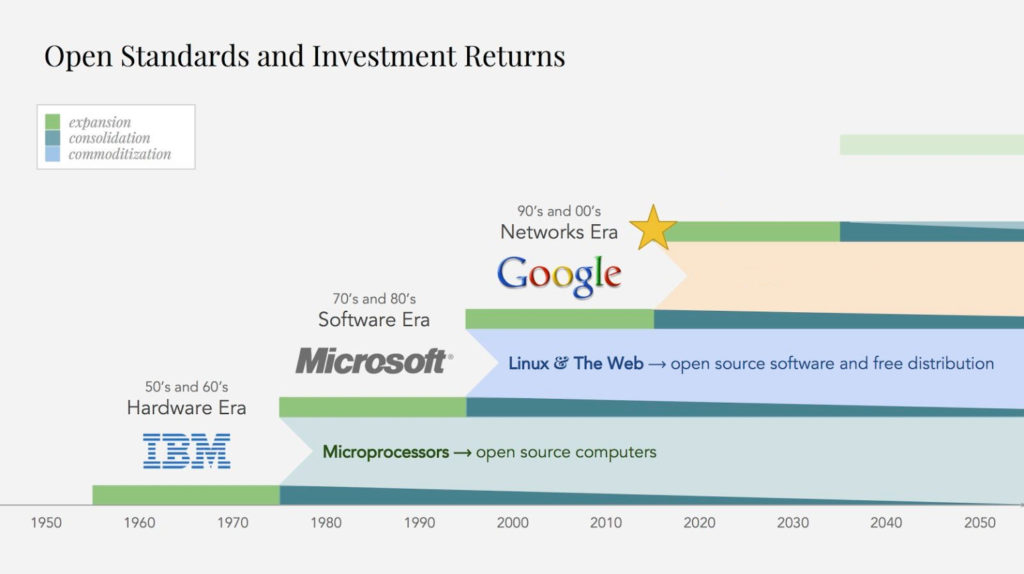
This very brief history is neatly summed up in the graphic above (from IPFS) showing the various “era’s” and the main companies that dominated them becoming unbelievably rich in the process.
As you can see each new era was due to pushing something into the open source realm. With the latest Network Era that introduced the Internet and free, open availability of general information we saw huge shifts in power. Companies like Encyclopedia Britannica fell while the free open versions – Wikipedia – flourished.
No longer was the creation and dissemination of news only available to the big newspaper companies or TV/radio stations. Now any person with free software – eg me with WordPress! – could get their thoughts and information out there, even making money off it too.
If you look up at that image again though you’ll notice that there’s a new era coming… but what’s left to open source? Google and Facebook et al have such monopolies once again but while most would say their monopoly is over search results or like buttons they actually have a near monopoly over something much more important, your data.
At the heart of Google, Twitter or Facebook and how they’ve made their billions is data, usually it’s your data or data you’ve helped make. Thankfully the technology to architect and scale a completely different, better system is emerging fast.
Data Privacy
Privacy is a popular word these days, especially considering how everyone wants your information. Sign up to our mailing list to get special deals! Give me your phone number and I’ll SMS you a copy of your receipt. Tell me your date of birth so I can secure your account…
While some of these requests are done in a legitimate or harmless manner, far more information is taken without your knowledge or permission. This information is then amassed into vast databases that companies use or sell to make millions of dollars off. Then those same databases are usually hacked and leaked online for all the world to see like this example from Yahoo that exposed over a billion accounts.
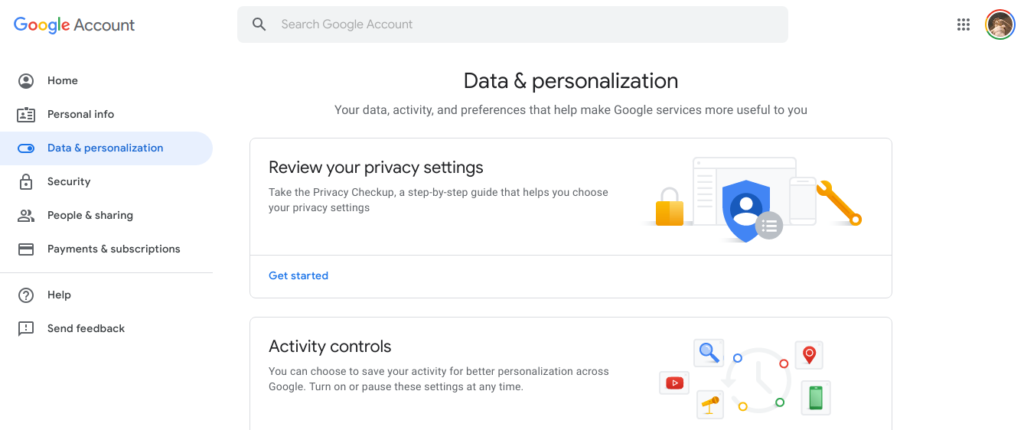
Some companies are now starting to graciously “allow” users to see what data they have on them and even *gasp* edit it! But really when you step back and think about it, this is a garbage and still inadequate solution at best.
Different companies with different policies and tools to handle, edit or delete your personal data on different websites managed by different people at different stages in different countries with different laws. All of it still not actually under your full control.
Why do we still have to have all our private and highly sensitive data collected into one single silo for one company to profit off and then get hacked? Why can’t I use the modern services of today’s world and keep my information private? Why can’t I give access to my data only to those that actually need it, when they need it and no one else? Why can’t I give a company access to my data and get paid for that? Why can’t our world be better?
Decentralisation & Censorship
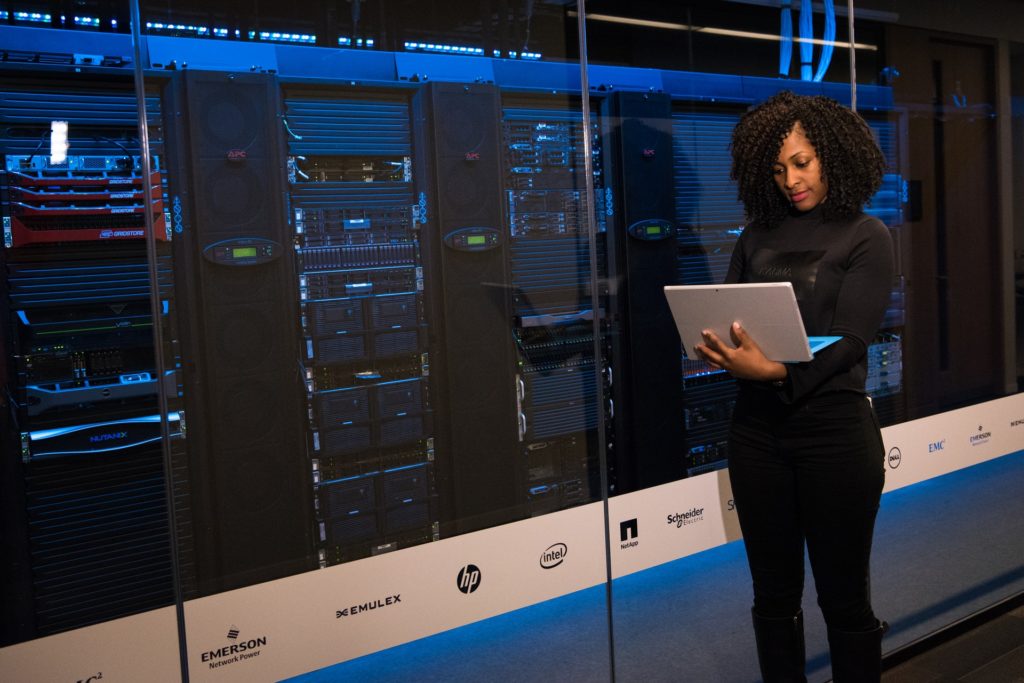
On top of these privacy problems that are so common in today’s world, there’s also the issues of censorship by governments or companies of certain services or information. Just like when people ask for your information, sometimes censorship can be a good thing. Most of the time though it’s done by governments and stops ordinary people from having access to the services we take for granted. This censorship is often possible because the service or information is centralised.
Google, Apple and Facebook are all centralised companies. If you – or a government – wanted to stop their websites you can target their central servers, their specific domains or even their central databases. You could even target the company itself by suing them. The US government is also able to issue orders making them do whatever they want them to do.
By contrast technologies that are decentralised cannot be censored as they run on tens of thousands of computers all around the globe. For example BitTorrent is a decentralised piece of software that works by being run on your local computer. For over 20 years no government on Earth has been able to fully stop it.
Think about that for a second! Think of how amazing that is!
There is no central server or “thing” to attack or “stop” when it comes to BitTorrent. The program is simply running on Joe Blogs’ computer in Australia or Schmidt’s laptop in Germany. You cannot “hack” or block tens of thousands of different computers all over the world all at the same time just like the US government couldn’t issue an order to have Schmidt turn his laptop in Germany off.
Decentralisation, whilst much harder to program and build, has many clear advantages such as it being harder to block/censor by governments, being more resilient to attacks as there’s no central server to target and not having a central point of failure or database that gets hacked and leaked online all the time.
This last point is of huge concern and once again ties back into our own data privacy. There are so many unbelievable examples of database hacks that I’m just going to link to this Wikipedia “List Of Data Breaches” page that details them.
It’s a sobering read with no one, no matter how rich or poor, big or small being exempt. From G20 world leaders to 500 million Marriott International records to Equifax’s “moderate” 143 million records, thousands of companies have all had their “totally secure” databases hacked over and over and over again and people are sick of it.
On top of Privacy, Censorship, Centralisation and many software and services still being closed rather than open source, we have two other major issues that are holding today’s Internet back.
Payments & Governance

Just like decentralisation and censorship are quite closely tied together so too are payments and governance. Payments refers to how the platform developers are paid for their work as well as how the servers that run that code and serve content are paid for.
In the context of open source software, traditionally it has been built by devoted programmers that do it for free in their spare time. They do it “for the love of programming” or to solve a problem they have and then share that open source creation with the rest of the world.
While this has produced some of the world most popular software, it’s not really a final solution as people need money to buy food, shelter and live in general. You can’t live your life as an open source software developer. As such, most software developers don’t build open source software.
Even if you somehow magically solved the problem of getting paid to write open source, freely distributed software there’s also governance issues that we see cropping up more and more. Governance is how the program, company or organisation is run, who makes decisions about where it should go and what laws or rules it’s subject to.
Perhaps you build an amazing new encrypted messenger program but your oppressive government confiscates it from you and shuts down your new business. Maybe the software you created violates another companies rules and so they cut you off.
This actually happened to the Signal Messenger program last year when Amazon threatened to cut them off unless they did as they said. Signal had to cave and remove some core functionality for users in heavily censored countries as a result.
The reason governance is closely tied to payments is that in order to build something of scale you typically need many workers, dedicating many hours of effort. You form a company, generate income and pay those workers or pay for the servers that run your product.
When you start paying people, registering companies and running things on servers you need to be based somewhere. You need to register your company in a country making it beholden to that countries laws. You need to use a fiat currency like USD to pay those workers which must be done to the rules and laws of banks and other governments.
This creates more problems because now a countries government can demand your company do certain things like hand over all your users information and issue a gag order making it so it’s illegal for you to tell anyone about it.
When you pay your staff in USD they might actually live in Kenya and so need it in a different currency. Worse they may not even have a bank account and may be in an oppressive country that stops women or other demographics from owning property or money at all! While I sit here in Australia perfectly capable of creating a bank account and receiving USD, many billions of people in the world can’t.
What’s Needed For The Future
Whew, that’s a fair bit of writing already!
So let me summarise it all with the properties the next era of services and technology needs:
- Open Source: The software should be fully open source with transparent code that anyone can download, check, suggest changes to, improve or audit for security or bugs
- Private: Identity verification, registration, account sign ups or approvals from a central authority, company or government shouldn’t be needed to use the service. Any private information should be encrypted and stored locally on your device and only shared with those that require it over a fully end-to-end encrypted connection
- Decentralised: There should be no central server or database to “hack” or block
- Uncensorable: No company or government should be able to block or revoke your access
- Payments: Developers who work on the program/service and those that run the servers should be paid for their time and resource use. Those without bank accounts should also still be able to receive payments without censorship
- Governance: There should be no company, CEO, government, organisation or single person that controls the service. The users of the service should vote democratically as to how it is run and who the profits go to
That’s quite a heavy list of requirements and virtually no services today can meet it. That is unless you start looking at some of the new blockchain and crypto based ones.
Now I know when most people hear “crypto” or cryptocurrencies they immediately think of Bitcoin or the huge boom and bust that took place in 2018. They think “scam”, “fad” or other negative or dismissive terms.
I’d like to ask you to put those thoughts to the side for the moment.
I once thought those things too until I actually investigated and properly understood the underlying technology and its capabilities. Crypto also means substantially more than just “digital money” or even Bitcoin.
The Crypto Era
Let’s officially add the Crypto Era to our diagram we had from before.
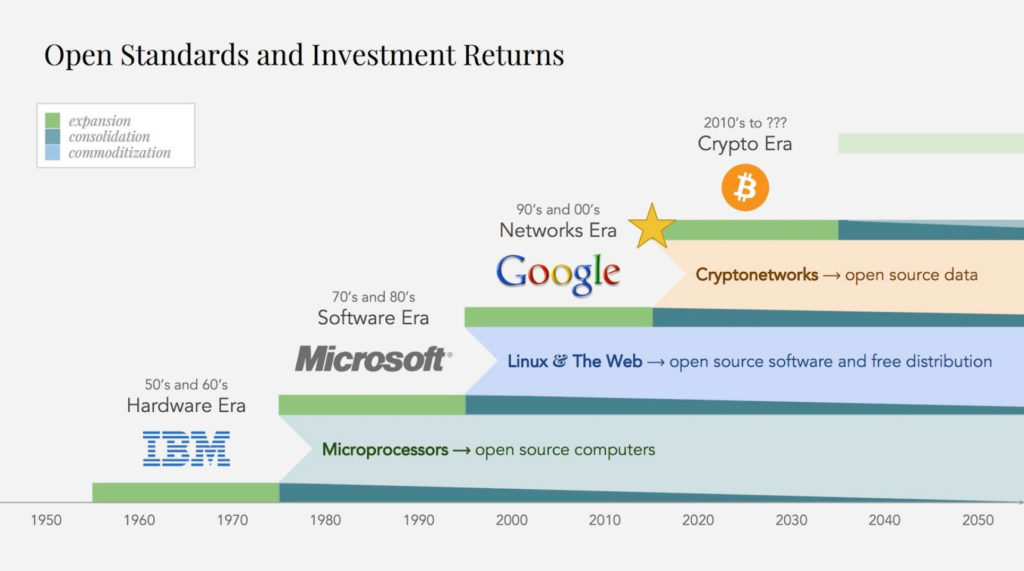
While Bitcoin is an amazing new piece of technology it’s actually just one part of what’s possible in the Crypto Era. We might be getting ahead of ourselves a bit though as you may be asking what exactly is Bitcoin and Blockchain technology anyway???
Bitcoin is online money that enables instant payments. Free for anyone, anywhere in the world to use at any time. It uses peer-to-peer technology (like torrents) and can be used without any permission from a government or central authority. It cannot be stopped or censored. Its rules cannot be changed, no matter how rich or powerful a country or person is.
Athena Alpha
Bitcoin at it’s heart was design to be a digital form of cash. The white paper for Bitcoin was literally titled “A Peer-to-Peer Electronic Cash System“. You can use it to buy pizza or pay someone across the globe. It is very different from all money before it though as there is no one that controls it. There is no “Bitcoin” company, no CEO, no country where it’s based or controlled from.
Unlike the AUD, the Australian government cannot influence Bitcoin. They can’t print more of it or declare it illegal currency. I can send 1 Bitcoin (BTC) to you and there is no one that can stop that transfer of money. No government or person can confiscate that 1 BTC off you and I don’t need to know your name when making the transfer.
It’s a technology that runs and ticks all those boxes I listed before. It is open source, pseudonymous, decentralised, uncensorable, pays the people that runs the servers (miners) and has its own governance model that’s not controlled by any single person, company or country. Bitcoin is able to work this way because it runs on Blockchain technology.
The blockchain is a distributed, public ledger that contains the history of every bitcoin transaction. Anyone can download a copy of the blockchain, and it can be inspected to trace the path of bitcoins from one bitcoin transaction to another. It should be noted that while there is a record of every bitcoin transaction ever made, these transactions are not inherently linked to real life identities. For this reason, Bitcoin is considered pseudonymous.
Coinbase
While Bitcoin is a great achievement in of itself, it’s so monumental because it’s solved arguably the biggest problems in that list we had: how to do payments and governance while still keeping those other points in tact.
We already knew how to build software that was open source, private, decentralised and uncensorable eg. BitTorrent, but payments and governance were still unsolvable. Now that Bitcoin and Blockchain has shown the way, a whole host of new applications and services are being built.
Welcome to the Crypto Era.
Rebuilding The Internet
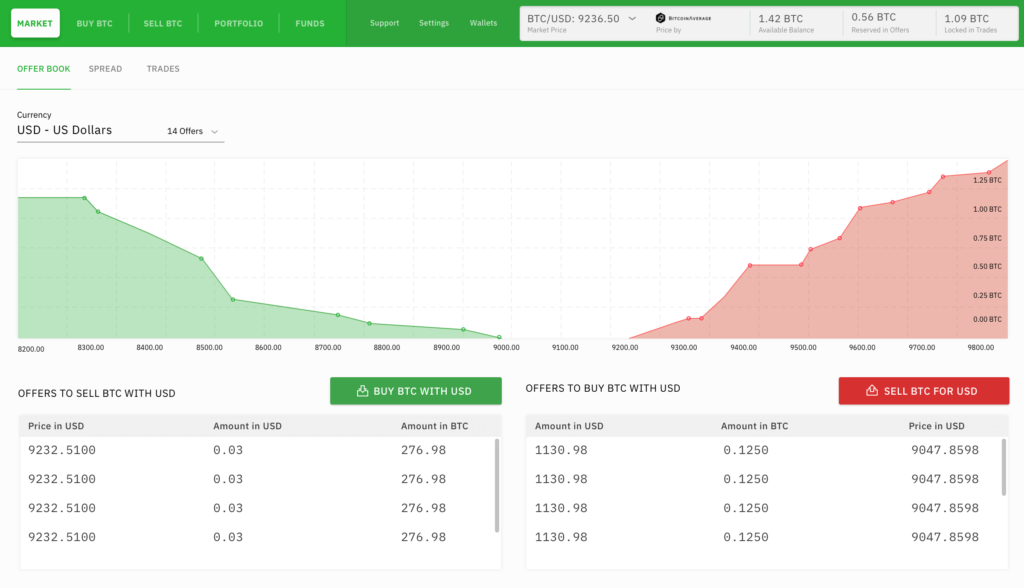
One of the most beautiful and advanced programs I’ve ever seen called Bisq is leading this charge into the Crypto Era. Bisq is an open-source, peer-to-peer application that allows you to buy and sell cryptocurrencies in exchange for national currencies, for example AUD.
You can go to their website now and download the program which runs locally on your computer. The code is open source and fiercely private, requiring no registration and routing all traffic over TOR meaning it’s triple encrypted and then routed through three other randomised computers around the world to stop anyone from seeing your data or even metadata.
As it’s a program run locally on all users computers and over TOR it is by nature decentralised and uncensorable. Then finally to address the payment and governance issues it has launched a Decentralised Autonomous Organisation (DAO).
This DAO makes it possible for anyone to contribute code or work to Bisq and get paid for it. It also allows anyone to vote on where the platform will go or how various contributors will be compensated. Overall Bisq is a truly phenomenal and ground breaking piece of work that I cannot praise enough.
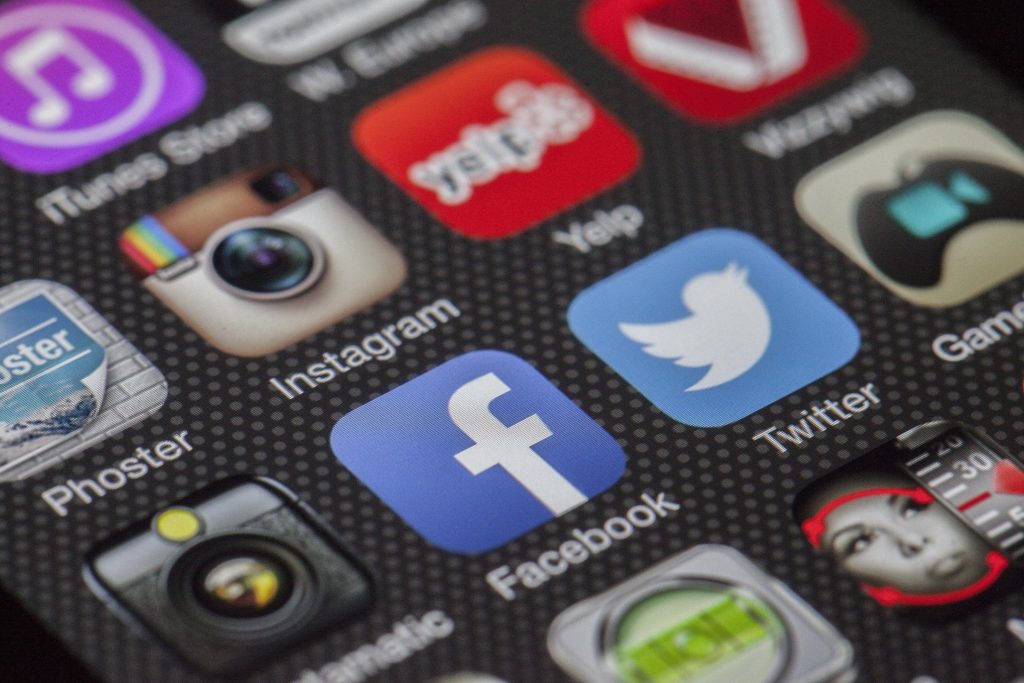
This rebuilding of platforms is now taking place all over the world with all different types of services and websites. In essence, we are rebuilding all the applications and services that fundamentally make up the web as we know it to these new standards. Below are some core things you might use today on the Internet and their new Crypto Era counterparts.
- HTTP (Websites etc) -> IPFS
- Cloud Storage (Google Drive / Dropbox etc) -> Sia / Storj / Filecoin
- Online Video (YouTube / Vimeo etc) -> D.tube
- News & Blogs (WordPress / Reddit etc) -> Steem
- Chats (WhatsApp / iMessage etc) -> AnonPeerster / Rival Messenger
All the above new services are decentralised, cannot be censored by governments, cannot be stopped by authoritarian regimes, use cryptocurrencies to distribute payments directly to the users if they are earned and are far more secure and private when it comes to data storage.
While few have taken the final step in making their governance truly decentralised like Bisq has, many are working hard to do so. The Internet is being rebuilt for a better, more secure future.
The Future Internet
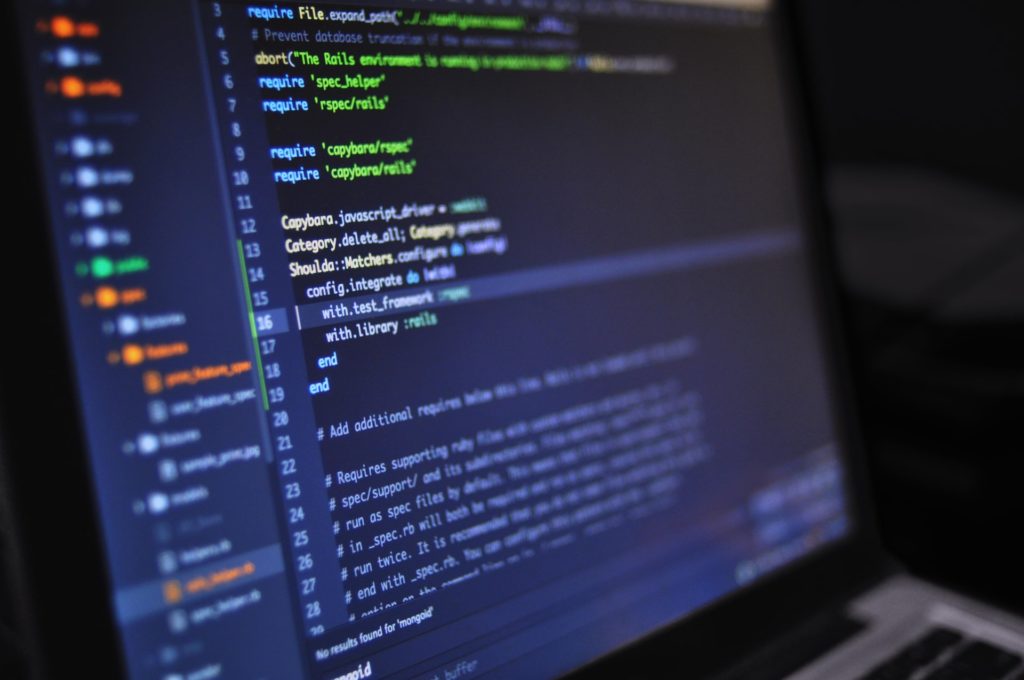
As noted by the makers of IPFS (emphasis mine):
The business model of the web comes down to one thing: amassing large, uniquely valuable datasets and monetising them by charging users directly, placing ads, skimming transaction fees, etc. All of these business models rely on data being closed and proprietary.
They don’t work if the company doesn’t control both the database and the user interface. This comes at a great social cost: by restricting our ability to access information in order to extract profits, web incumbents prevent us from accessing the enormous potential of truly open data.
Following the history of IT and the massive trend towards open source, we can see that democratising information is the natural next step in the incessant trend to opensource, and thus the next big opportunity for innovation.
IPFS
The current “traditional” incumbents (Google, Facebook, Twitter etc) all rely on this now out dated business model. While it still obviously works in today’s world, it’s quite likely to change drastically over the next 10 years with Crypto Era applications dominating more and more.
Now that cryptocurrencies are viable and widely used we can finally put all the pieces together. Imagine email services, messenger apps, blogs and social platforms that are not just open source, fiercely privacy focused, decentralised and uncensorable but that are built by the people, for the people and then governed and directed by those same people.
Think of all the profits that Google and Facebook have made over the past decades. Billions and billions of dollars. When the new Twitter or Instagram is made in this Crypto Era there will be no company or Silicon Valley investors that get rich. Instead that wealth will be distributed in accordance with the voting users, which means it’ll most likely be distributed to the users, developers and people that provide the hardware for those services to run.
Ignore this shift at your own peril and financial loss.
The benefits include: 1) How to get those silky smooth videos that everyone loves to watch, even if you're new 2) How to fly your drone, from taking off to the most advanced flight modes 3) Clear outlines of how to fly with step-by-step instructional demonstrations and more 4) Why flying indoors often results in new pilots crashing their drone 5) What other great 3rd party apps are out there to get the most out of your drone 6) A huge mistake many pilots make when storing their drone in the car and how to avoid it 7) How to do all of these things whilst flying safely and within your countries laws.



